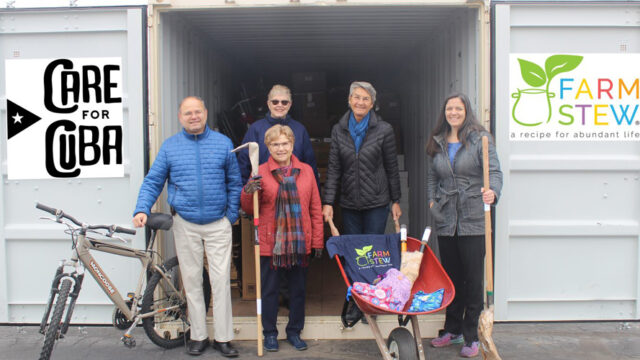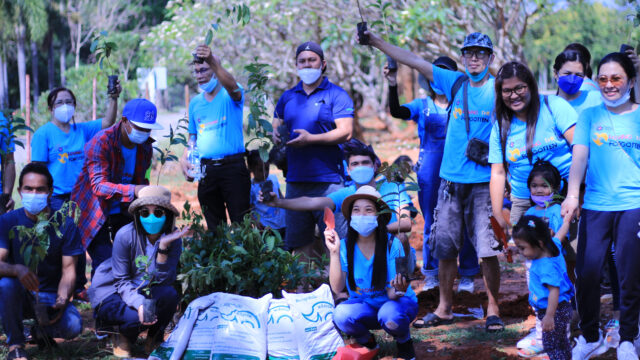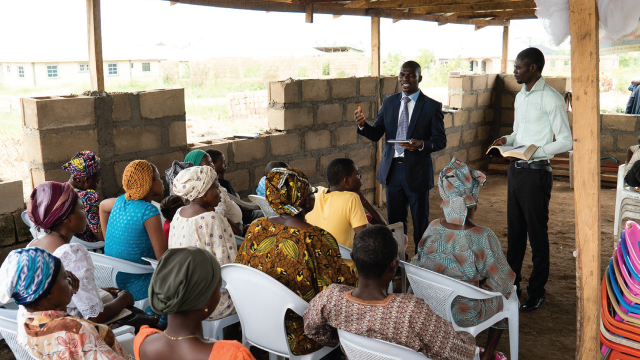Beirut hospitals benefit while struggling with COVID-19 and the port explosion fallout.
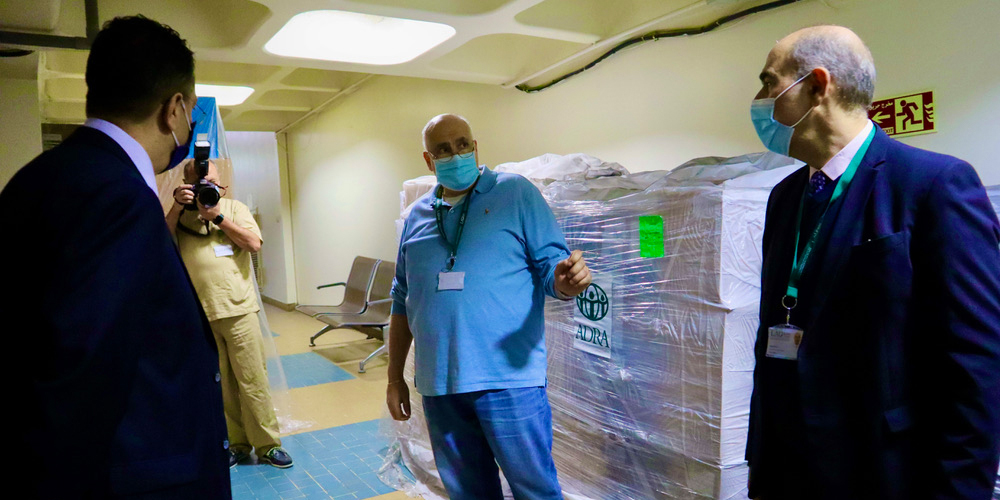
The Adventist Development and Relief Agency (ADRA) shipped more than a million dollars’ worth in medical supplies to aid LAU Medical Center-Rizk Hospital and Saint George Hospital University Medical Center (SGHUMC) in Beirut, Lebanon.
According to local authorities, the medical facilities that were severely damaged by the massive Port of Beirut explosion on August 4, 2020, are overwhelmed by the surge of new coronavirus cases. Lebanon is also reporting about 2,000 daily infections; hospitals are reaching full capacity and lack equipment to treat COVID-19 patients, the critically ill, and those suffering from other chronic illnesses.
“The speed and scale of the outbreak in recent weeks are posing countless challenges for hospitals and health-care workers in the nation. ADRA is committed to continuing COVID-19 relief efforts to protect medical professionals, aid survivors, and safeguard families and children,” said Frank Reimann, ADRA’s emergency response coordinator in Beirut. “We must continue to pray for the people in Lebanon and support ADRA to ensure humanitarian aid reaches those in need as quickly as possible.”
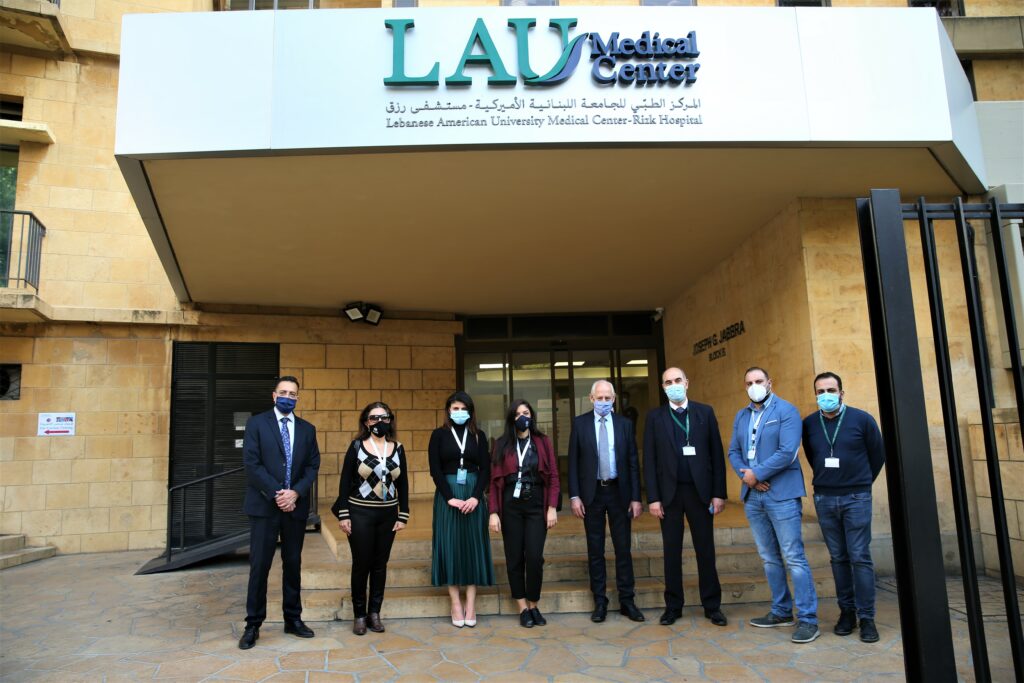
ADRA donated 50 pallets of medical supplies containing thousands of PPEs, gloves, face shields, surgical devices, and essential life-saving equipment to help LAU Medical Center-Rizk Hospital and Saint George Hospital University Medical Center provide high-quality care to the most vulnerable communities.
“On behalf of the LAU Medical Center-Rizk Hospital Management, we convey our utmost gratitude for ADRA’s contribution and generous donation. Following the massive and horrible Beirut explosion in August, donors such as ADRA paved the way to help us rebuild our medical centers and support many patients,” said Saad El Zein, assistant to the president for special projects at the hospital. “With patriotic, socially responsible donors and dedicated, compassionate medical teams, we are reassured that we will come out of this disaster stronger than ever before.”
The Lebanese health-care system was already struggling with the pandemic and the country’s ongoing financial crisis before the massive explosion severely impacted the medical facilities. At SGHUMC, located a little more than a mile away from the blast site, several people were killed, and hundreds of nurses, doctors, and patients were injured. The medical institution also reported more than US$50 million in damages. Hospital officials say they will use ADRA’s medical supplies to restore services and create a community clinic for families and children.
“It is a great endeavor, what ADRA has done to support the Lebanese health-care sector and namely our two hospitals, who suffered more than many others and are still struggling in the aftermath of the explosion of August 4. The consequences of this disaster with the difficult economic and financial complications we are experiencing represent a serious threat to the crash of the national healthcare system,” said Dimitri Haddad, chief administrative officer for SGHUMC. “We will use ADRA’s donated items to support our community and population who seek care at our medical center and will extend special care and attention to the most indigent among our patients. We highly appreciate ADRA’s contribution.”
ADRA’s medical supply shipment is the latest relief effort to support the Lebanese nation. The humanitarian agency scaled up emergency operations the day the deadly explosion killed more than 200 people, injured at least 6,000, and left more than 300,000 homeless. ADRA’s emergency response teams, working in conjunction with the Adventist Church and other partners, have been on the ground providing emergency food, water, and cash vouchers for shelter repairs. It has also been supporting first responders and assessing health-care facilities to meet their needs.
The original version of this story was posted by the Adventist Development and Relief Agency.


